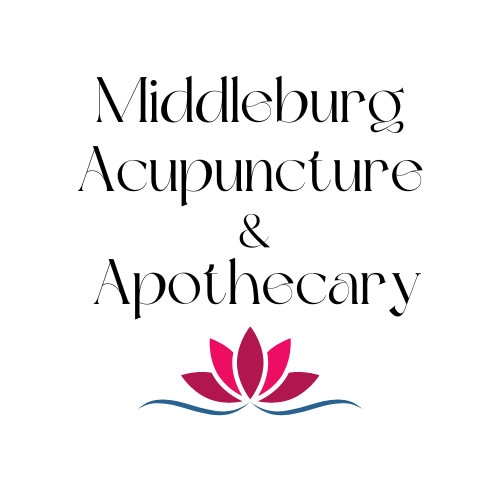
Menstrual Disorders, Fertility, & Menopause
Menstrual Disorders
Acupuncture and herbal remedies are an effective treatment for premenstrual syndrome with symptoms that include irregular cycles, clotting, cramping, headaches/migraines, mood swings, bloating, breast pain, back pain, fatigue, cravings, and increase in appetite.
If you are discontinuing birth control pills, acupuncture provides support as your body transitions hormonally and ovulation begins.
Fertility
Ms Fraser has treated over a hundred women for infertility. It is a joy to see the wonderful babies birthed by her patients. Whether the patient is preparing her body for pregnancy or receiving assisted reproductive technology (ART) techniques such as in virtro fertilization (IVF), intracytoplamic sperm injection (ICSI), and intrauterine insemination (IUI), acupuncture serves as a standalone treatment or in conjunction with the ART techniques listed above.
Ms. Fraser works with patients from Shady Grove Fertility, Old Dominion Fertility, and the Fertility clinic at Walter Reed Hospital. She is regularly called upon to provide acupuncture to turn a breech baby and to induce labor.
Oriental Medicine (OM) focuses on supporting the mother’s Blood and Qi as well as her hormone levels in each phase of her cycle. Stress, mood swings, anxiety, and depression are treated as well. This helps to relieve the hormones required for conception and pregnancy. Reproductive hormones also regulate the stress response in the body i.e. estrogen is critical in the function of the heart. If a woman is chronically stressed, her reproductive hormones get consumed by her body’s stress response. Treatment is designed to increase ovarian reserve, support Blood and Qi and the expansion of the uterine lining, as well as the development of the placenta.
Menopause
Menopause is a time of natural change in a woman’s body. Hormones and chemistry are shifting because of lower estrogen and progestin produced by the body. For some women, these shifts in hormones can cause hot flashes, night sweats, vaginal dryness, and mood changes. It can be a challenging time. Acupuncture can help treat many of the symptoms of menopause.
Chinese medicine recognizes that as we age, our body is less able to metabolize and regenerate tissue. There is less hormone production and building blood and energy is more challenging then when we were younger. During menopause, the ovaries stop their production of estrogen and they no longer release an egg every month. The adrenal glands increase their production of estrogen so that the non-reproductive functions of estrogen are maintained. Hot flashes, restlessness, mood swings, heart palpitations and insomnia are a few of the symptoms related to this transition. These imbalances can also cause water retention, cold hands and feet, weight gain, and swelling.
Research on the Benefits of Acupuncture for Menopause Symptoms
Researchers at Stanford University of Medicine studied the effect of acupuncture on postmenopausal women who experienced at least seven moderate to severe hot flashes daily. The study showed that the severity of the hot flashes was significantly decreased in the women who received acupuncture as compared to a group of women getting placebo. At the University of Pittsburgh, acupuncture was studied in women with menopausal hot flushes, sleep disturbances and mood changes. One group of women was treated with specific acupuncture body points related to their menopausal symptoms. The other group received general acupuncture aimed to improve their overall well-being. In the group where acupuncture was targeting specific menopausal symptoms, the women showed a decrease in hot flushes and an improvement in sleep disturbances. Both groups showed improved in mood changes. These studies as well as others suggest that acupuncture can be helpful in treatment of a variety of menopausal disturbances.
Herbs, Nutrition, and Movement
There are also herbal prescriptions, dietary recommendations, and movement therapeutics that aide in a woman’s journey through the peri-menopausal and menopausal stages.




